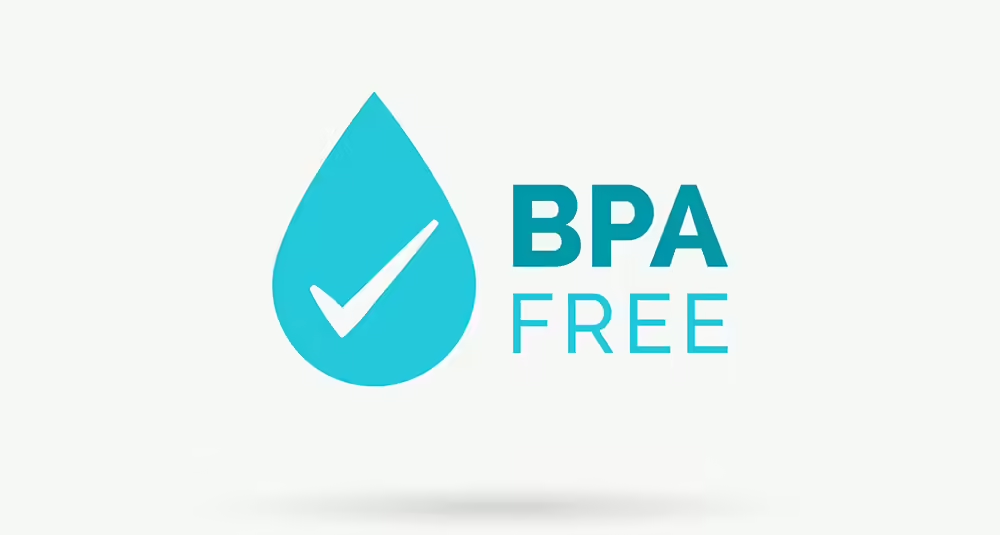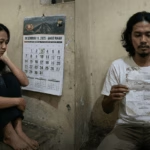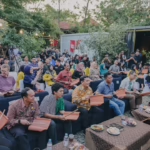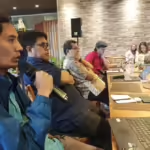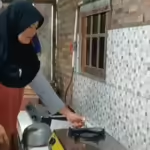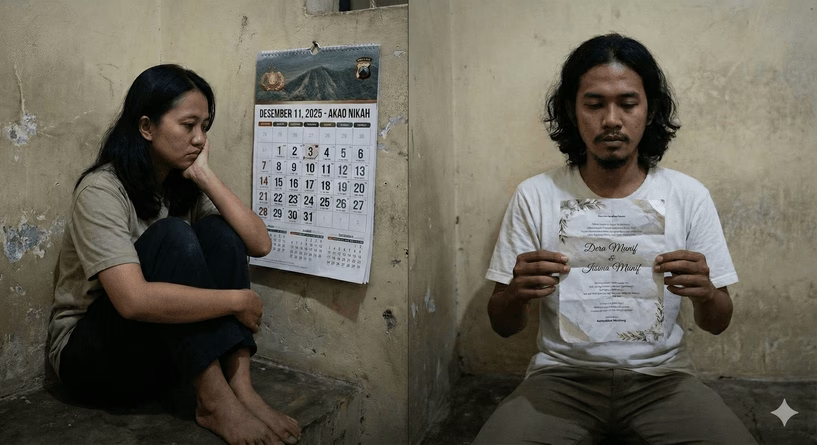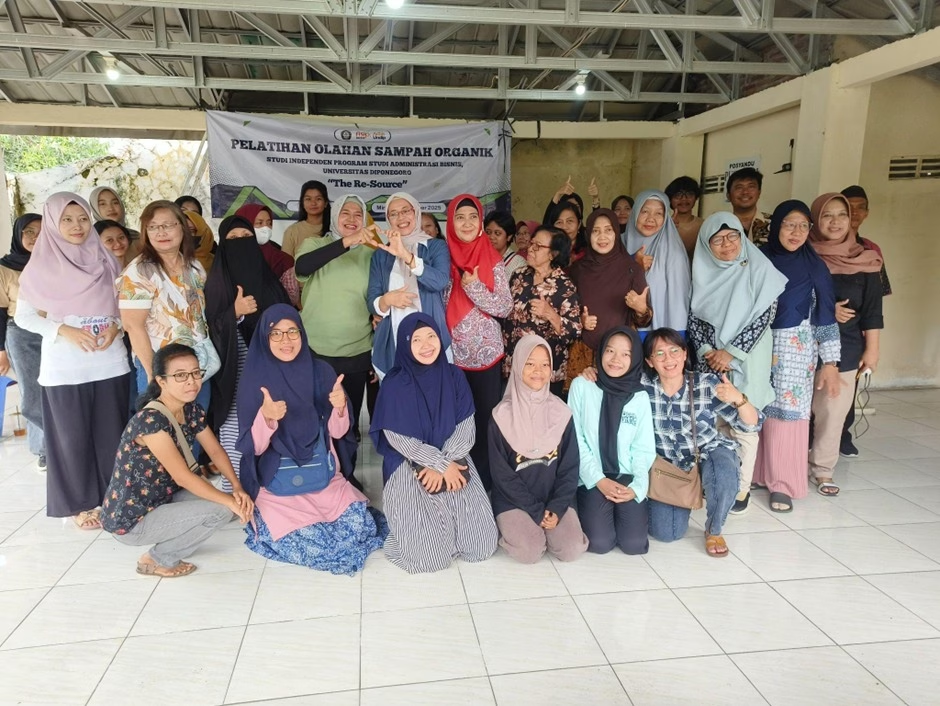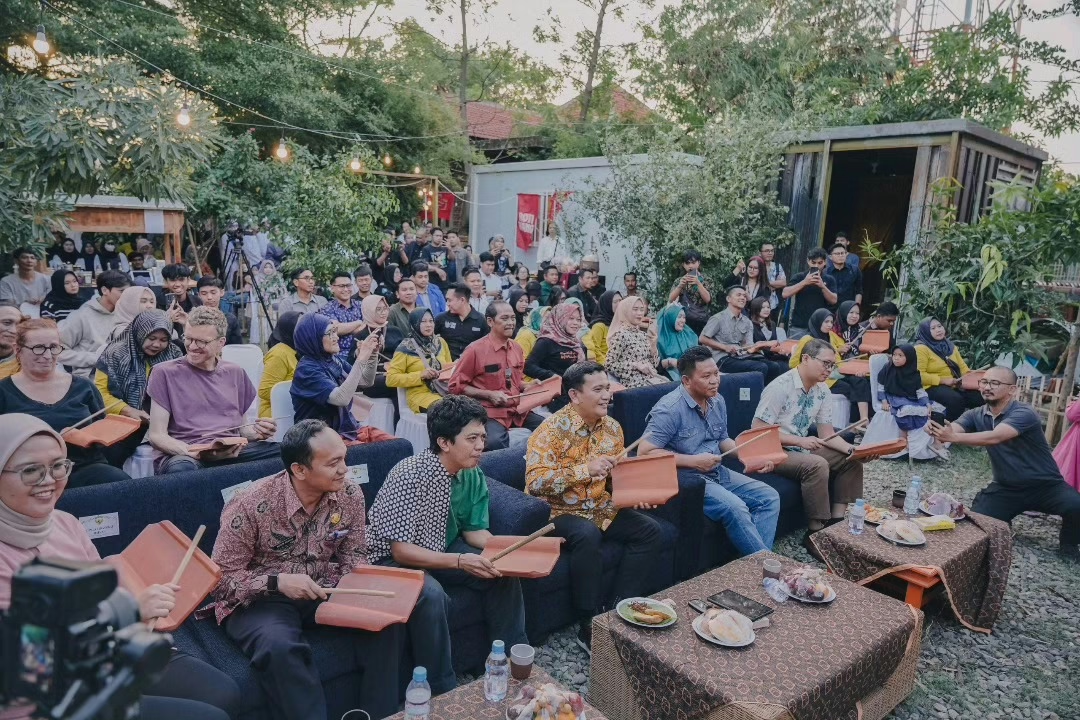BPKN believes the mandatory BPA labeling policy for polycarbonate gallon packaging is not about business competition. The policy, outlined in Food and Drug Monitoring Agency (BPOM) Regulation Number 6 of 2024
The National Consumer Protection Agency (BPKN) emphasizes that mandatory BPA labeling policy for polycarbonate gallons is intended to protect consumers, not due to business competition between Aqua and Le Minerale.
BPKN believes the mandatory BPA labeling policy for polycarbonate gallon packaging is not about business competition. The policy, outlined in Food and Drug Monitoring Agency (BPOM) Regulation Number 6 of 2024, is considered an effort to protect consumer health.
“This is purely about consumers. This issue must be positioned in our interests as consumers, not producers,” said BPKN Chairman Muhammad Mufti Mubarok in an interview last week.
The emergence of mandatory BPA-free discourse for drinking water gallons seemed to narrow down to competition between two drinking water production giants, Aqua and Le Minerale. Aqua uses reusable polycarbonate gallons, while Le Minerale, which produces single-use gallons, had previously claimed to be BPA-free.
“With the emergence of this issue (mandatory BPA-free), it’s considered an issue played by Le Minerale. If this issue is then used as a competition arena, that’s not the case,” he said.
Mufti compared that several other countries no longer use reusable gallons. There, water flows directly and can be consumed immediately. It’s different here, as Indonesia has the most extensive gallon-based water system.
Therefore, BPKN hopes the government as a regulator can ensure producers comply with this regulation. If necessary, consumer associations will begin conducting sampling or testing, similar to what was previously done with cosmetic products.
Additionally, BPKN also encourages the need for understanding or memorandum of understanding (MoU) between relevant ministries/institutions and the bottled water industry. Not only BPOM has made regulations, but also other ministries such as the Ministry of Health, Ministry of Industry, and Ministry of Trade.
“There needs to be a cross-sectoral agreement so there’s attention and commitment because this issue is not trivial – water is a primary daily necessity. If needed, a task force should be formed. Although it doesn’t have to be a task force. But without such measures, things will remain the same,” he emphasized.
Mufti affirmed that BPKN will make every effort to pressure the government and business actors regarding this BPA Labeling. This is part of the Consumer Protection Law mandate that prioritizes aspects of consumer security, comfort, and safety.
- Testing the Power of Indonesia’s Anti-SLAPP laws in the case of activists Munif and Dera
 Indonesian law actually has an “antidote” for the SLAPP poison, known as the Anti-SLAPP concept.
Indonesian law actually has an “antidote” for the SLAPP poison, known as the Anti-SLAPP concept. - From Waste to Blessing: Gayamsari Residents Turn Organic Waste into New Resources
 Household waste can be more useful, both as a form of concern for the environment and as an economic opportunity.
Household waste can be more useful, both as a form of concern for the environment and as an economic opportunity. - The Story of Maluku’s Jambula Mamas and Their Fight for a Living Coastline
 The women of Maluku know the sea intimately. They can read tides as easily as city dwellers read clocks. But climate change has blurred the signs.
The women of Maluku know the sea intimately. They can read tides as easily as city dwellers read clocks. But climate change has blurred the signs. - Jatiwangi in the Shadow of Industry and the Dream of an Environmentally Sovereign Terracotta
 Trash in Majalengka poses a complex challenge. With accumulating waste, Jatiwangi is now the biggest contributor of household garbage.
Trash in Majalengka poses a complex challenge. With accumulating waste, Jatiwangi is now the biggest contributor of household garbage. - How is the development of the equitable energy transition program in Indonesia?
 JETP funds will target equitable energy transition projects in a number of developing countries, one of which is Indonesia.
JETP funds will target equitable energy transition projects in a number of developing countries, one of which is Indonesia. - Samirono village energy transformation, from waste to clean energy
 Samirono village has proven that innovation and collaboration can bring big changes. They showed the world that waste can be turned into clean energy.
Samirono village has proven that innovation and collaboration can bring big changes. They showed the world that waste can be turned into clean energy.
